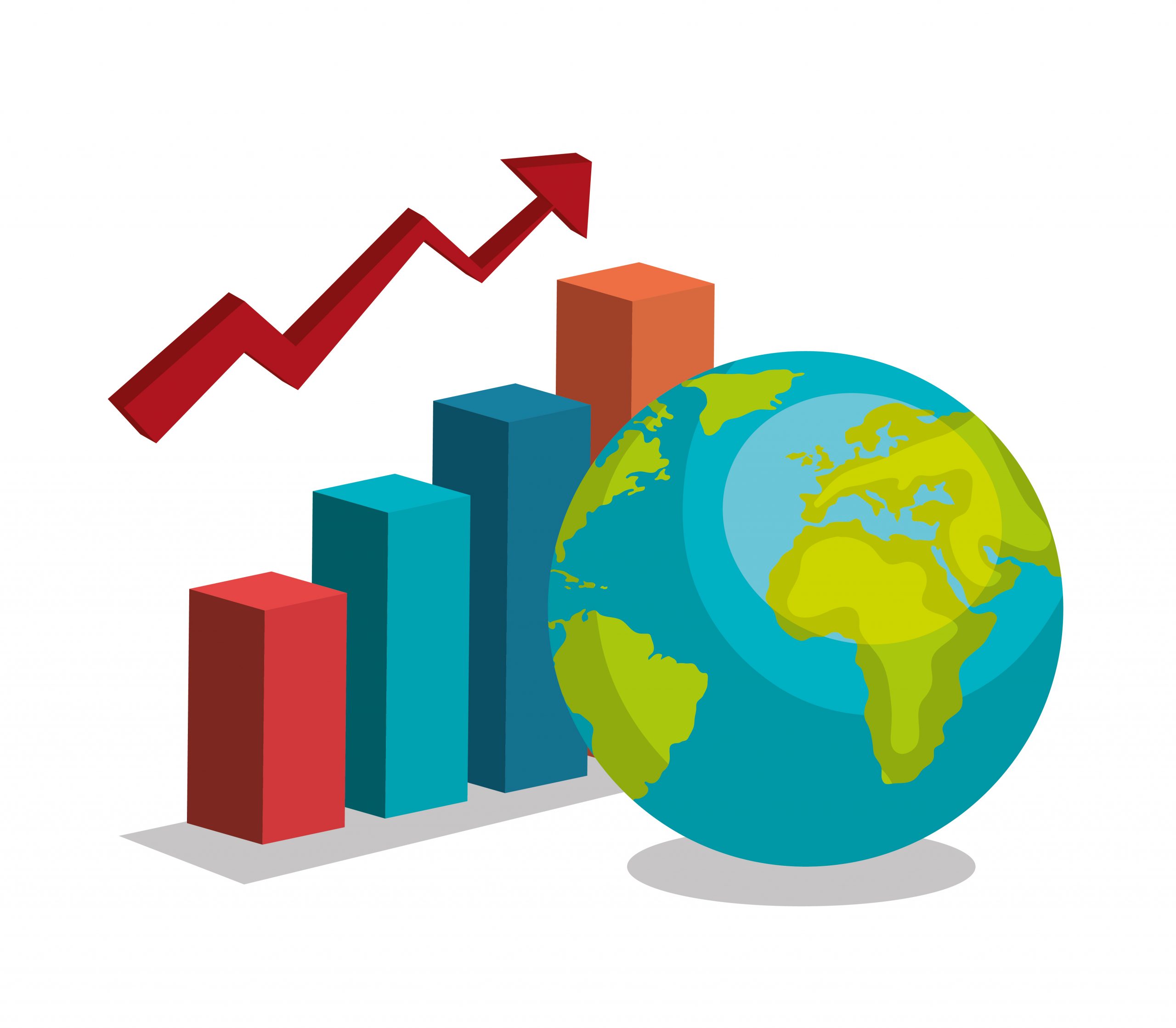With the third Greek loan program almost in place, it is time for European leaders to start focusing on the future. That does not mean concentrating on Greece’s debt-service schedule over the next few months. Rather, it means embarking on a broad economic-reform program that combines growth-enhancing supply-side reforms and demand-side efforts to support investment and job creation. Low oil prices, a more competitive euro exchange rate, and the European Central Bank’s judicious use of its full suite of monetary-stabilization policies – not to mention the fact that the threat of Grexit has been averted, at least for now – provide a favorable backdrop for such ambitious reforms. Even the political environment may not be as inauspicious as is often believed: Despite the worrying rise of anti-European sentiment in many countries – especially those hit hardest by the crisis – there is a palpable yearning among Europeans to break out of the continent’s debilitating economic (and political) rut.

A Growth Strategy for Europe, by H.H. Kotz, E. Labaye and S.Smit
Sourced from our Editorial Partner Project Syndicate - Sep 18, 15

